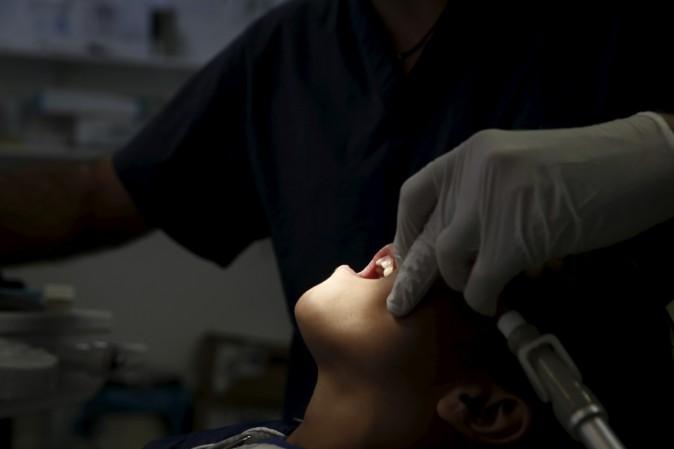
Drinking not only gives bad breath but also increases oral bacteria linked to gum disease, some cancers, and heart disease compared to non-drinkers, according to a recent study by NYU School of Medicine researchers.
The study published in the journal Microbiome online, April 23 suggested non-drinkers had more bacteria in their mouth known to check the growth of other harmful germs.
"Our study offers clear evidence that drinking is bad for maintaining a healthy balance of microbes in the mouth and could help explain why drinking, like smoking, leads to bacterial changes already tied to cancer and chronic disease," says study senior investigator and epidemiologist Jiyoung Ahn, PhD, according to a public release by Eureka Alert.
The research team found out that health problems tied to drinking can be reversed or prevented by rebalancing some of the 700 types of bacteria in the mouth, or oral microbiome. Ahn also said that roughly 10 percent of American adults are considered to be heavy drinkers. Experts define heavy drinking as consumption of one or more drinks per day for women, and two or more drinks per day for men, according to the website.
Non-drinkers have less of harmful Bacteroidales, Actinomyces, and Neisseria species, and more Lactobacillales - a bacteria, which is good for preventing sickness. Ahn said that this is probably because acids in alcoholic beverages make it difficult for certain bacteria to grow in the mouth. Another reason, she says, could be that buildup of harmful byproducts from alcohol's breakdown can trigger the growth of certain bacteria like Neisseria, reported the release.
This is the first time concerns were raised on the effect of drinking on all oral bacteria. Previously, work at NYU Langone and elsewhere have talked about how microbial changes in the mouth are tied to the risk for head, neck cancers, and gastrointestinal cancers.
Before concluding, the researchers observed 1,044 participants, between the ages of 55 and 87, who provided mouthwash samples of their oral microbiome when they enrolled and also gave detailed information about their alcohol consumption.
The oral bacteria among the 270 nondrinkers, 614 moderate drinkers, and 160 heavy drinkers were genetically sorted and quantified with laboratory tests.
However, researchers are not sure about any microbiome differences among those who consumed only wine, beer, or liquor. Ahn also said her team's next steps will be to find out the biological mechanisms behind alcohol's effects on the oral microbiome.















